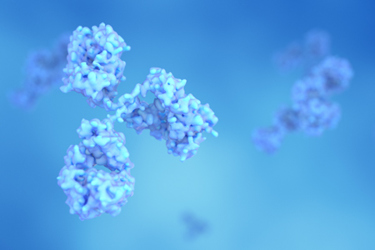Isothermal Microcalorimetry: Pharmaceutical Applications Of Microcalorimetry

Gain a better understanding of the most commonly used microcalorimetric techniques within pharmaceutical science, including stability and compatibility tests, determination of small amounts of amorphic content, and characterizing polymorphism.
A microcalorimeter can quantify the amount and rate of heat release from chemical or physical processes associated with stability and shelf life of a drug or a formulation. The data can be both qualitative and quantitative and can be used to determine relevant characteristics of a sample.
Microcalorimetry has the advantage of being non-destructive, highly sensitive and capable of detecting both chemical and physical changes within the sample. The non-destructive nature of the technique enables further analysis of the sample after completion of the calorimetric measurement, and the high sensitivity makes it possible to obtain reliable stability data within hours or days and close to ambient storage conditions.
Explore a flexible and sensitive microcalorimetry system and its ability to conduct tests in specific applications in the pharmaceutical industry.
Get unlimited access to:
Enter your credentials below to log in. Not yet a member of Bioprocess Online? Subscribe today.
